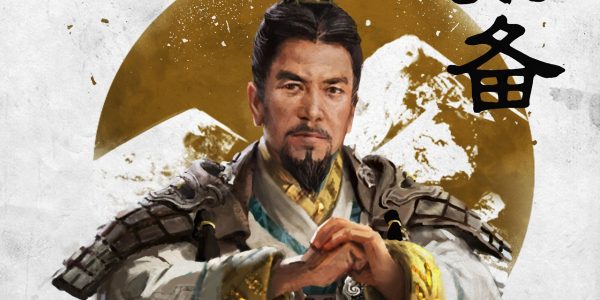The way Filipinos choose where to live is changing, and infrastructure development is at the heart of this transformation.
With an estimated P1.54 trillion allocated to major infrastructure projects in 2024 alone, the country is seeing massive improvements in road networks, transport systems, and interregional connectivity.
These developments are expanding housing options beyond Metro Manila, creating new residential hubs and investment opportunities in emerging cities.
From congestion to connectivity
In the past, homeownership in the Philippines was largely dictated by proximity to Metro Manila’s business districts. Daily commutes were long, and limited transport options made city living a necessity despite higher property prices.
However, recent infrastructure developments are reducing travel times and reshaping buyer preferences. When infrastructure is developed, jobs are created; and where jobs are created, people can start building their lives. This cycle fosters the development of vibrant communities as new opportunities attract employees and their families seeking stability and growth.
With the availability of jobs, people are more likely to settle in these new areas, so the need for retail establishments, entertainment centers, educational institutions, healthcare facilities, and other support developments also follows.
Over time, these communities flourish, offering residents a higher quality of life that can simulate city-like services in a suburban environment. This encourages more development outside Metro Manila and boosts the local economy.
traffic
Metro Manila is known for its traffic congestion, ranking 27th in terms of congestion level and 14th in terms of travel time out of 500 cities analyzed in the TomTom Traffic Index for 2024.
Traffic congestion in Metro Manila
Metro Manila is known for its traffic congestion, ranking 27th in terms of congestion level and 14th in terms of travel time out of 500 cities analyzed in the TomTom Traffic Index for 2024.
The index stated that 127 hours are lost per year at rush hours and the average travel time per 10 kilometers is 32 minutes and 10 seconds in the capital region.
With more efficient routes, homebuyers no longer feel confined to urban centers. Provinces like Bulacan, Pampanga, Laguna, Cavite, and Batangas are witnessing a surge in demand as they become more accessible to Metro Manila. The completion of major projects like the North-South Commuter Railway, Cavite-Laguna Expressway (CALAx), and Metro Manila Subway is making suburban living more attractive than ever.
Township living
As connectivity improves, developers are focusing on masterplanned communities that integrate residential, commercial, and office spaces in a single location. Currently, there are over 120 townships spanning approximately 134,000 hectares across the country, offering homebuyers the convenience of living near workplaces, retail hubs, and leisure areas.
These developments cater to the evolving preferences of Filipino buyers, who now prioritize walkability, sustainability, and smart living features. With work-from-home and hybrid work arrangements becoming the norm, homes in these integrated communities provide the flexibility needed for modern living.
emerging city
Metro Manila remains a key residential market but emerging cities are rapidly catching up.
Where are Filipinos moving?
Metro Manila remains a key residential market, but homebuyers are increasingly looking beyond the capital. The three major central business districts (CBDs) in Makati, Ortigas, and Taguig still dominate the urban landscape, but emerging cities are rapidly catching up.
The future of housing
With improved roads, rail systems, and airport expansions, the Philippine real estate market is poised for continued growth. Homeownership is no longer just about choosing between a house-and-lot or a condominium in the city—it is now about location flexibility and lifestyle alignment.
For homebuyers, emerging locations present exciting new opportunities. These areas often offer more affordable housing options compared to Metro Manila, with the added advantage of larger living spaces.
Beyond affordability, they also provide a higher quality of life, featuring greener environments, modern amenities, and less congestion. As infrastructure projects continue to enhance accessibility and economic activity, property values in these regions are expected to appreciate over time, making them attractive for long term investment.
Making strategic housing choices
For those planning to buy a home, understanding how infrastructure developments impact real estate is crucial.
Locations that are currently more affordable but have ongoing transport projects will likely see significant price appreciation in the coming years. By staying informed and investing early, buyers can maximize their homes’ long term value while enjoying improved connectivity and lifestyle benefits.
As the Philippines continues to expand its infrastructure, the dream of homeownership is no longer confined to Metro Manila.
The future of housing lies in accessibility, mobility, and well-planned communities, where Filipinos can live, work, and thrive in a seamlessly connected nation.
The author is an associate director and the head of Research at Leechiu Property Consultants Inc., the country’s premier real estate advisory firm
















